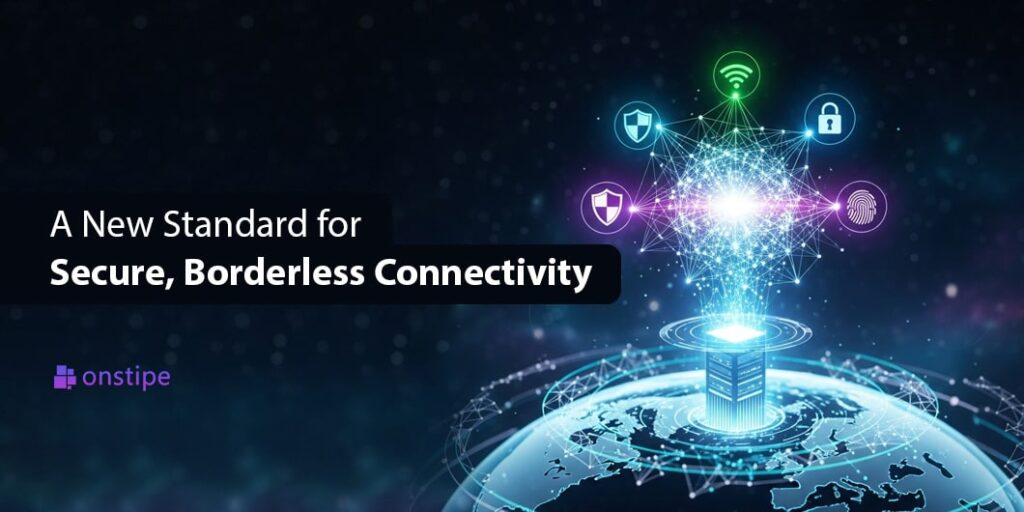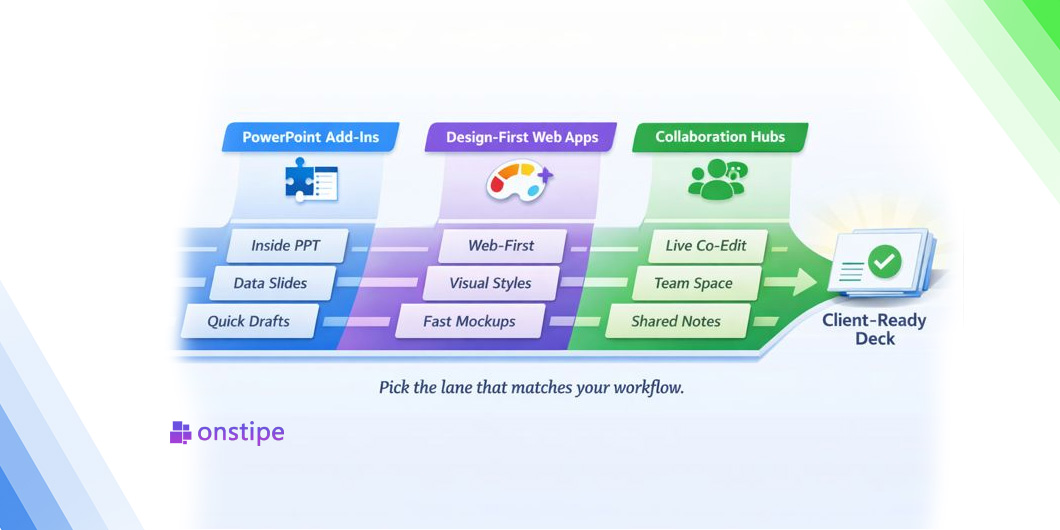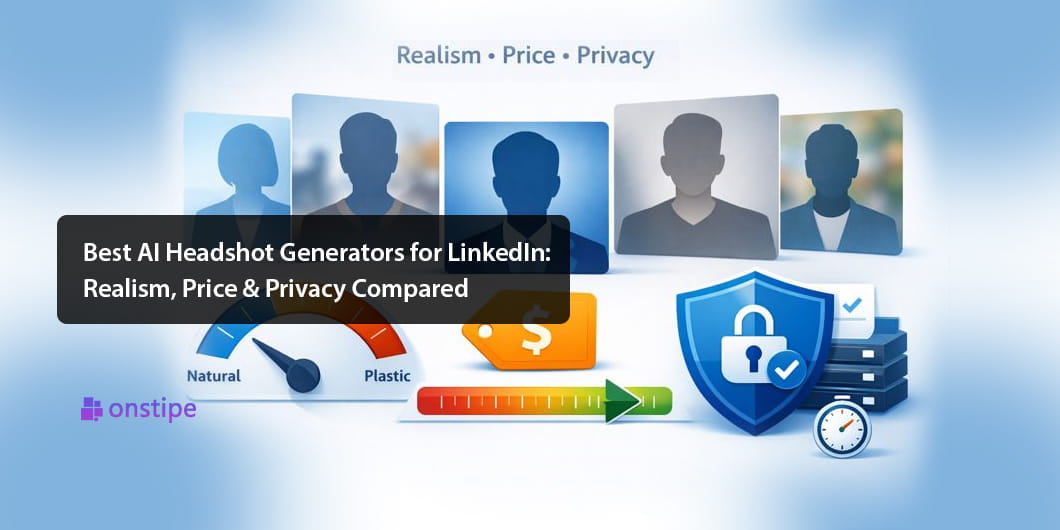The internet’s basically everywhere now. School, work, shopping, even just checking the weather, it’s all online now. It’s just part of daily life. But the way it actually works? Not as simple as it looks. Every time you click, search, or log in, it’s moving through this massive system that doesn’t have any walls. That sounds great when you want freedom to connect anywhere. But it is also what makes the internet feel risky sometimes.
The Internet Has No Real Borders
While online, you can visit a site in another country whenever you like or connect with someone halfway across the world without thinking about it. That can be exciting. But it also means that your data, your activity, and your information can move through places you do not control.
Some countries block certain websites. Some track what you do, and in other cases, you might be sending information through multiple countries without realizing it. Believe it or not, the internet works that way by default.
Privacy Is Not Automatic
A lot of people assume their internet connection is private just because they have a password on their Wi-Fi or they are using a trusted device. But that’s not enough. The actual truth is that your online activities can still be tracked by your internet provider, by advertisers, even by random strangers who shouldn’t have that kind of access.
Sure thing, there are tools that help with online privacy; however, they’re not all built for every situation. Take regular VPNs; they can hide what you’re doing from some people, but certain sites and apps can still tell you’re using one. That’s where newer stuff, like a residential IP VPN, comes in. It makes your connection look more “normal,” so it’s harder for anyone to block or single you out. Basically, you’re just blending in while keeping things private.
Technology Is Catching Up
The good news is that the tools to make this possible are already being built and improved. What used to be complicated and technical is now becoming easier to use. Instead of spending hours figuring out settings, you can protect your connection in just a few steps.
There is a shift happening toward privacy being the default instead of an extra step. That means secure, borderless internet use could become normal in everyday life.
Freedom and Trust Go Together
It’s hard to enjoy internet freedom if you’re always wondering what’s safe. Borderless connectivity only matters if you can trust it — trust that your data isn’t being sold, tracked, or stolen.
That is why the next standard for the internet will not be just about speed or access. It will be about building trust into the connection itself. If the system you use is designed for privacy from the start, you will not need to constantly think about who is watching.
The Human Side of the Internet
It’s easy to only focus on the tech side of it, but at the end of the day, this is about people. Sharing ideas, learning new things, connecting with anyone anywhere; that’s huge. However, if it doesn’t feel safe, people pull back.
When security becomes part of the foundation, people can use the internet without hesitation. They can explore without limits, talk without filters, and work without worrying about exposure. That’s how borderless connectivity becomes more than a feature; it becomes a normal part of life.
Security Is More Than Blocking Threats
What comes to your mind when you hear “online security”? You probably think about blocking hackers or staying away from viruses. That’s part of it, yes, but there’s more to it. Real security means having control over who sees what you do and what info about you gets shared.
Borderless connectivity means you can be anywhere online without restrictions. But security means you can do that without worrying about who is watching. The challenge is getting both at the same time.
Parting Shot
Borderless connectivity used to sound like a dream, and honestly, in some ways, it’s already here. You can talk, work, and share with people in almost any country without even stepping outside your house. That’s a big plus! But the next step has to be making that freedom secure.
A new standard for the internet will put privacy and safety at the core, so you will not have to trade trust for access. This way, the internet will truly be borderless, not just in where you can go, but in how confidently you can get there.







